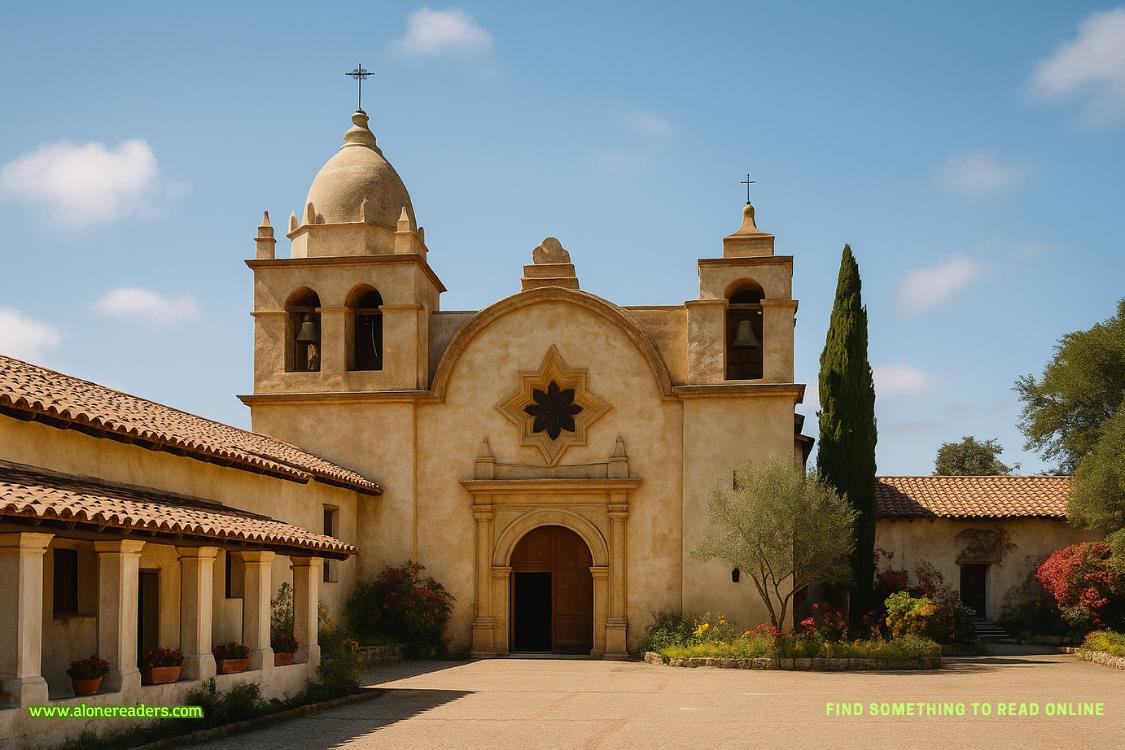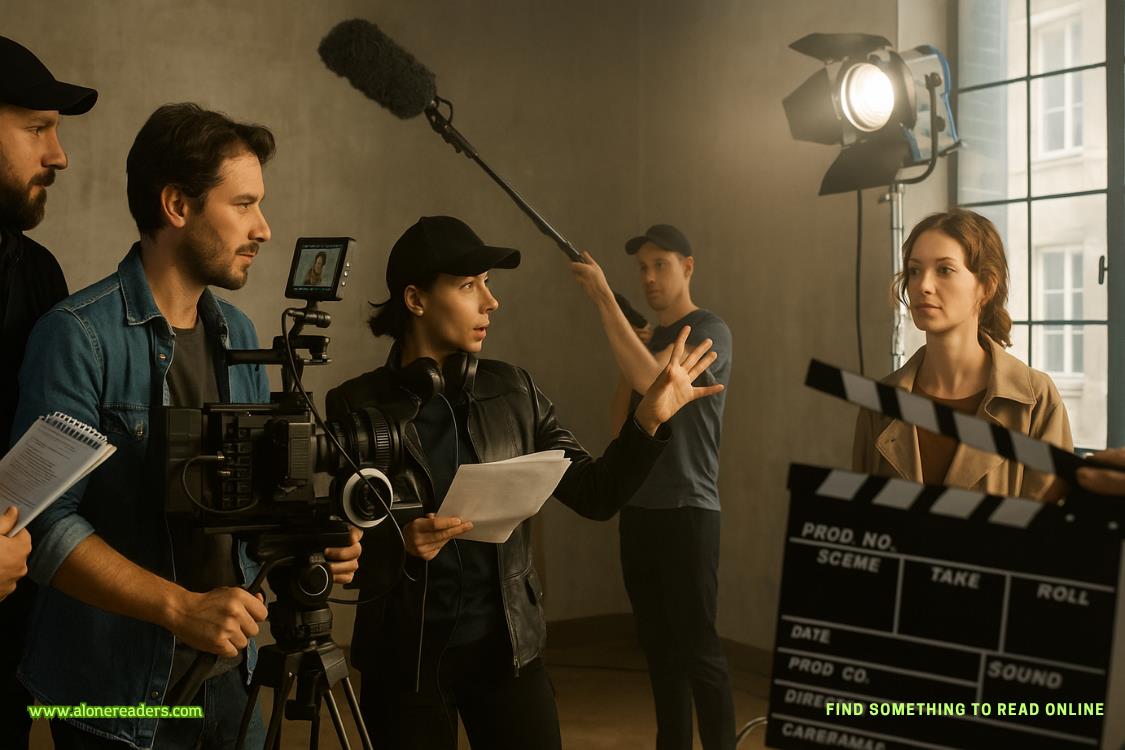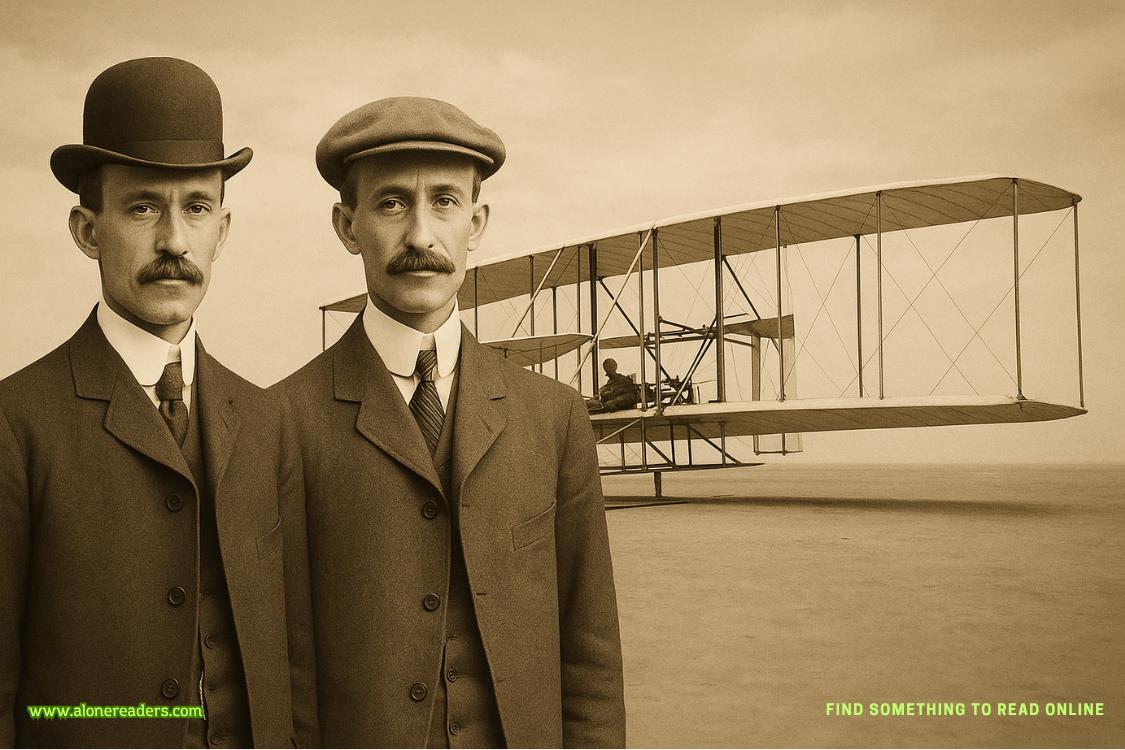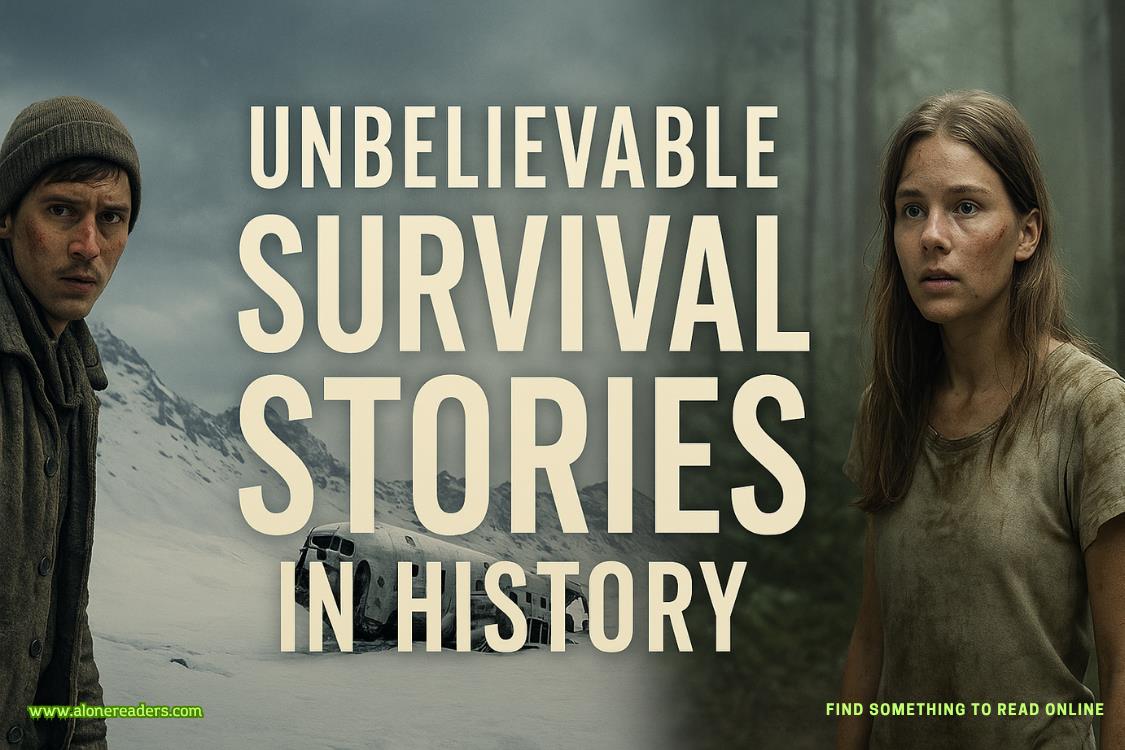“No. Looks like another trinket.” He turned away, but I caught the briefest flicker ofsomethingin his eyes—annoyance, perhaps? Or interest? Had I inadvertently struck upon something important? I tried replaying the day, searching for when I’d first seen Antonov address an item we’d found. There were so many; it was impossible to sort through them all, to parse out what might have been important and what was merely lost.
Will stepped closer, his voice casual. “You know, I’ve heard stories about pieces like this, things the Nazis took from private collections, religious artifacts, even.”
Antonov’s eyes narrowed slightly. “Stories, Mr. Richter, are often just that, stories. In Berlin, stories are worth little more than the rubble they are told in.”
Will stared at a nearby painting. “Of course.”
As we wrapped up our visit and turned toward the entrance, Antonov painted on his brightest smile. “Did you see everything you hoped today?”
“Today was quite helpful. Thank you.” Will brushed his hair back and mirrored the man’s smile. When he spoke again, his words were halting, as though what he asked felt awkward to say. “Captain . . . the art community is like a small village. It can be quite close-knit, even across borders and miles.”
Antonov stopped walking.
Will bowled onward. “I have heard of an event that would be truly special to anyone in my profession. One might even call it . . . a once-in-a-lifetime opportunity.”
Antonov waited. Will hesitated.
“As you are no doubt aware, the Kulturhistorisches Museum Viktoria is one of the world’s greatest museums. Prior to the war, it housed treasures from many places and generations. Much of the complex was spared destruction—or so I was told.” Will pretended to struggle for words. “I have come to understand it will reopen, that there is to be an event of some kind to celebrate this. I was wondering . . . if possibly . . .”
“Yes, please stop floundering. I will get you tickets,” Antonov said, appearing more annoyed athowWill asked than the fact that he’d made the request at all. “The event is tomorrow evening and will be a formal affair. Do you have appropriate clothing, or do I need to assist with that, as well?”
“Oh, yes, please . . . and thank you, Captain. That’s amazing and wonderful. Wilhelm, can you believe it?” Will turned to me, a child who’d just learned Santa Claus would attend his late December birthday party.
I rolled my eyes and looked toward Antonov. In the most disinterested tone I could muster, I said, “I’m thrilled.”
For the first time since we’d met, the Soviet spy laughed, and I believed it to be genuine. If I read things correctly, we might have found our first bonding point over our mutual disinterest in an art show.
“I will take care of everything,” Antonov said, wiping the smile from his face and resuming his perpetually stoic expression. “Shall we go?”
The ride back to the hotel was silent.
I watched the city pass by. There was so much destruction. It was painful to witness. The crumbling buildings. The people moving through the ruins of their lives. Shadows grew longer as we made our way through the battered streets. It felt like a different world, one we were only visiting—one we could leave behind if we wanted to.
Antonov didn’t speak a word. I got the sense he was as lost in thought as we were, though I suspected his thoughts strayed far from the devastated city in which we traveled. After we stepped away from his car, the man’s gaze lingered on us for a long moment.
Will and I wandered the few yards to lean against our smoking tree as Antonov drove away.
“Well?” I asked, my voice low. “What do you make of it?”
Will’s eyes were fixed on the horizon. Finally, he shook his head. “I don’t know. There’s something there. The way he reacted—those soldiers—they’re looking for something. Somethingspecific.”
I nodded. “The statues? The carvings?”
“Maybe. Antonov wanted to see every time I picked one up, but maybe he was just bored and has a thing for statues,” he said, his voice thoughtful. “It could be something else, some kind of art we’re discounting. A painting? Pottery? It could be anything, really.”
“Whatever it is, it’s something they don’t want us to see.”
We stood there for a while, me pretending to smoke, and Will lost in thought. I felt the weight of the day settle over us. The truth, whatever it was, lay buried deep in ruins, in crates, perhaps in the guarded expressions of men like Antonov. If we wanted to find it, we had to keep digging.
For the moment, we had more questions than answers, but I could feel us inching closer . . . but closer to what?
20
Thomas
As the clock above a nearby church declared the top of the six o’clock hour, Will reached up and adjusted my bowtie. Antonov’s impromptu shopping spree had netted each of us mediocre formalwear that I supposed was the best he could do in a war-torn city. At least everything fit. That was a victory in itself.
Despite the garments’ quality, Will looked spectacular.















